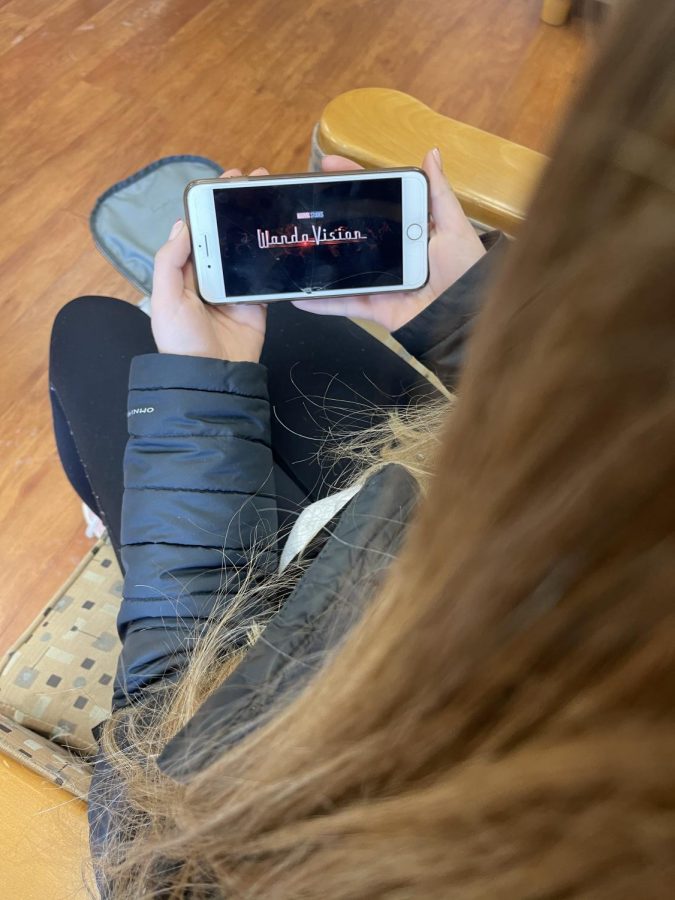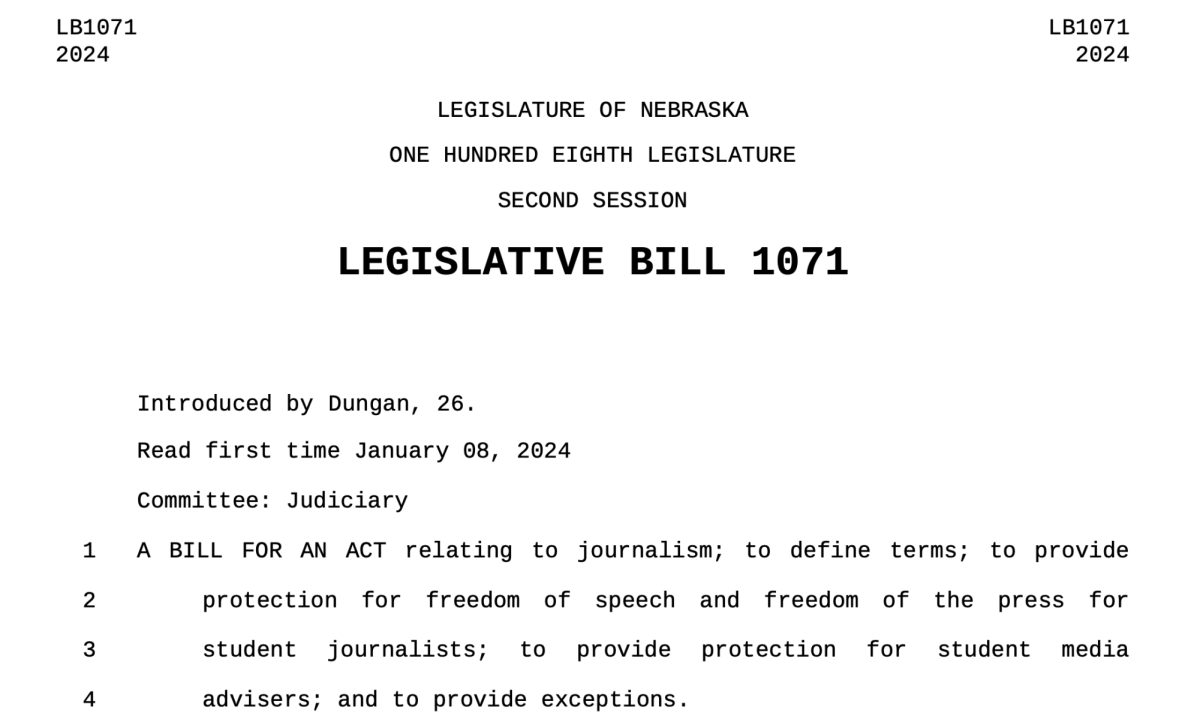How often are you in control? What’s running through your mind at all times? The next Little Miss Burke post, who got in a fight with whom, what your friends are doing without you? How many things in your life feel out of reach, out of touch? Sleep patterns, fatigue, face-to-face interaction… do they seem impossible to solve? How much of an impact does your daily cellphone use really have on you?
Burke High School, as well as many other schools, introduced a new “no-phone rule” this year, which prevents students from using their phones in class; otherwise, it may be taken.
“I think the new phone rule is good but also bad to a certain extent,” says senior Cole Dixson. “I think it’s good because it keeps students concentrated, but at the same time, if we can stay on task while still being able to have our phones out, that should be an option.”
As we mature and grow as individuals, I believe we have the capability to do what we need to do to succeed. I feel as though the “no-phone” rule just puts another restriction on top of our plate, which can feel belittling. It is our choice as young adults to make decisions for ourselves rather than have others, even of higher authority, make our choices for us with more rules and over our personal items.
However, looking at phone addiction in young adults, especially, it drastically affects our everyday lives. Looking at addiction from a psychological standpoint, our brains have a natural chemical response to our cellphones, which is dopamine release. Dopamine is the chemical responsible for our seeking, causing a dopamine loop, which becomes a habit. Comparatively, when we get a notification, our brains get a dopamine release, and it feels good, resulting in the dopamine loop. Cellphones have impacted our lives, but in some ways, we have become dependent on them for many reasons beyond a form of communication.
Personally, I can start to feel anxious when I do not have my phone on me, and this has become common for many people. Social media has created a deep fear of “missing out” within many teens. We tend to use our cellphones as a default solution to boredom, creating a bad habit that is difficult to resolve. Cellphones are more than okay to use, but it becomes an issue when they are controlling you rather than you controlling yourself.
Oftentimes, cellphone addiction is compared to substance addiction, which may be deemed as outlandish, but if you think about it for a moment… are they really that different? Both substance addiction and cellphone addiction cause withdrawal symptoms and are hard to break habits of using. They can both be physically and mentally damaging in many ways, and anyone can be addicted to either. Are they really that different?
We need to take a real look at how much cellphone usage is affecting us psychologically and cut back on unhealthy amounts of daily use. Although it is a tough habit to break, there are many ways we can control our addiction instead of it controlling us. This is a main reason why high schools have implemented the “no-phone rule.” They are trying to break the habit of us being on our phones as a solution to boredom and instead have us focused on schoolwork.
Although the cellphone rule at school has its downsides, it also has shown progress in how students perform in class. With fewer distractions, students can get things done, and with time, this becomes a habit. It’s a matter of creating good habits with cellphone usage and sticking to it. This is why I believe we should have the choice of having our cellphones out. We are the ones to make the choice rather than an adult telling us we must because when we create a good habit, we are more likely to stick with it.






Divine • Jan 2, 2024 at 7:51 pm
College won’t hold your hand on phone usage. It’s better to learn in high school how and when you can use your phone in class over getting the freedom in college and tanking your first semester over it.